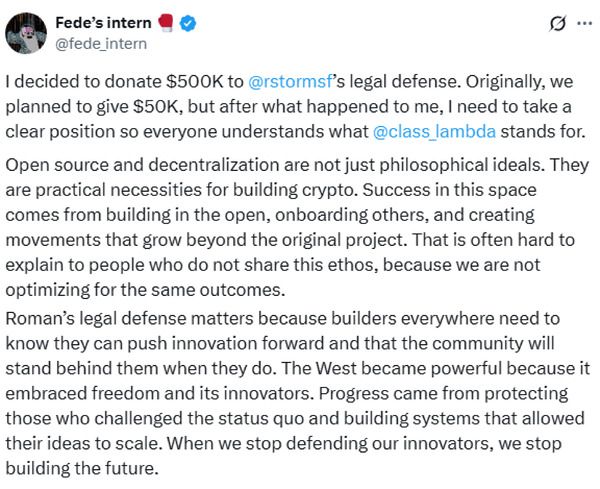🔐 Age Verification vs. Online Privacy: Why Web3 Might Hold the Missing Key
-

Governments are finally waking up to the reality that half of kids online have seen harmful content. Laws like the UK’s Online Safety Act are a step in the right direction.
But here’s the problem: the execution is clunky.
 Old Tools, New Problems
Old Tools, New Problems
Sites are rolling out age gates that rely on:Uploading photos
 ️
️Credit card checks

Or worse, handing over personal ID scans

The result? Instead of compliance, users are finding workarounds. VPN downloads spiked 1,800% after age-checks went live. And when users dodge verification, they don’t stop browsing—they just drift toward sketchy, unregulated sites. That’s less safe for kids and riskier for adults.
 Why Web2 Verification Fails
Why Web2 Verification Fails
It’s not that people object to proving their age. It’s that they don’t trust the process.Adult content sites (and gambling platforms, fintechs, etc.) become juicy honeypots for hackers once they start collecting IDs, selfies, and credit card details. History tells us it’s not if a breach happens, but when.
So users push back. Not because they want to break the rules, but because they want their privacy respected.
 ️ Web3’s Fix: Privacy-First Compliance
️ Web3’s Fix: Privacy-First Compliance
Enter zero-knowledge proofs (ZKPs). Instead of handing your passport to every site, you:Verify your age once with a certified provider.
Link that verification cryptographically to your blockchain wallet.
Use ZKPs to prove “I’m over 18” without revealing who you are.
 ️ The site knows you’re compliant.
️ The site knows you’re compliant.
 ️ You keep your identity private.
️ You keep your identity private.
 ️ Hackers don’t get a giant database of personal info.
️ Hackers don’t get a giant database of personal info.Think of it as a “don’t show the whole ID, just show the green light” system.
 ️ Balancing Privacy with Accountability
️ Balancing Privacy with Accountability
Some worry this creates a shield for bad actors. But ZKP-based verification doesn’t mean law enforcement is powerless. If required, protocols can map a blockchain account back to the verified identity under due process.That balance matters: protect privacy for everyday users, but retain accountability for malicious actors.
 Beyond Adult Content
Beyond Adult Content
This model isn’t just for age-gating: Gambling sites
Gambling sites Trade finance
Trade finance E-commerce with restricted products
E-commerce with restricted productsAny domain where identity checks are required could shift to private compliance instead of mass data collection.
 The Bigger Picture
The Bigger Picture
What this movement really shows is:Users want privacy + safety, not one at the expense of the other.
Outdated Web2 checks won’t cut it.
Blockchain gives us the chance to redesign identity as a selective signal, not a surveillance tool.
If regulators and platforms get this right, age verification won’t feel like a privacy nightmare. Instead, it could be the first real-world win for ZKPs and Web3 identity systems.
 Question for you: Would you trust a zero-knowledge proof to verify your age, or do you think governments will still push for “full ID or nothing”?
Question for you: Would you trust a zero-knowledge proof to verify your age, or do you think governments will still push for “full ID or nothing”? -
Zero-knowledge proofs aren’t a “get out of jail free card.”
They still allow accountability — verified IDs can be mapped back if courts demand it.
The difference is you’re not handing your passport to every site you log into.That balance — privacy for 99% of good users, accountability for the 1% bad actors — is exactly what regulators should be aiming for.
If governments insist on “full ID or nothing,” they’ll just push people toward sketchier corners of the internet.
Smart regulation should make safety frictionless, not drive users underground. ️
️ -
Zero-knowledge proofs aren’t a “get out of jail free card.”
They still allow accountability — verified IDs can be mapped back if courts demand it.
The difference is you’re not handing your passport to every site you log into.That balance — privacy for 99% of good users, accountability for the 1% bad actors — is exactly what regulators should be aiming for.
If governments insist on “full ID or nothing,” they’ll just push people toward sketchier corners of the internet.
Smart regulation should make safety frictionless, not drive users underground. ️
️

















